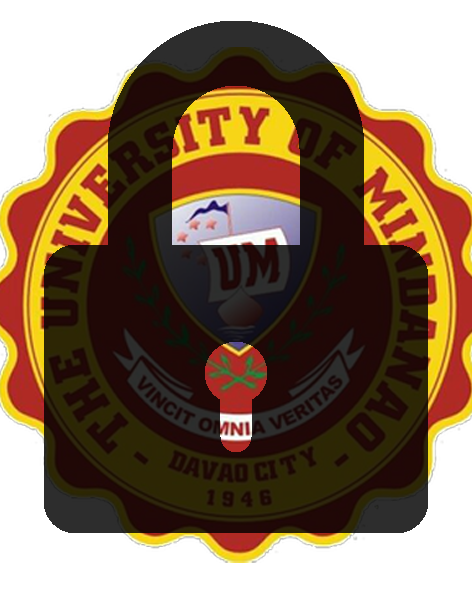Design proposal of a decentralized compost pit for household organic waste

View/
Date
2024-01Author
Cabalhin, Ceddie Kaye
Hornido, Jade Stephanie
Cinchez, Catherine
Keywords
Citation Tool
Metadata
Show full item recordAbstract
The Philippines, experiencing rapid economic growth, faces heightened challenges in solid waste management, especially in cities like Davao, where irregular waste collection schedules contribute to unsegregated waste accumulation despite the Clean and Green Programs’ efforts. In response, a proposed solution advocates for a community-scale compost pit design, emphasizing aerobic composting with sand-filled PET bottles to reduce plastic waste and foster sustainable waste management. The study aims to assess the efficiency of the designed compost pit in terms of physical structure, capacity, sanitation, and compost quality. It involves a comprehensive review of existing research, focusing on compost pit designs and sustainability, particularly the structural integrity of eco-bricks. Locally sourced materials and software tools like SketchUp Pro and STAAD Pro are employed to create an efficient and sustainable design aligning with the Philippine National Standards for Organic Agriculture, with compost output compared to Plantmate Organic Fertilizer. The compost pit, which can hold up to five households, can handle varying amounts of organic waste daily; each week, 0.26 cubic meters of organic waste are collected. With an expedited compost production of four weeks, the structure proves suitable for urban environments, showcasing structural integrity, cost-effectiveness, and sanitation as the compost pit has no foul odor, insects, or leachate and was adequately stored and collected. Compost quality evaluation reveals lower Nitrogen and Phosphorus but higher Potassium levels, suggesting potential as a natural potassium fertilizer for specific crops. Advocating robust waste diversion strategies is environmentally and economically beneficial, urging collaboration with educational institutions, local government units’ adoption of innovative waste management, and ongoing research for improved efficiency in decentralized composting systems.
Collections
Publisher
College of Engineering Education
